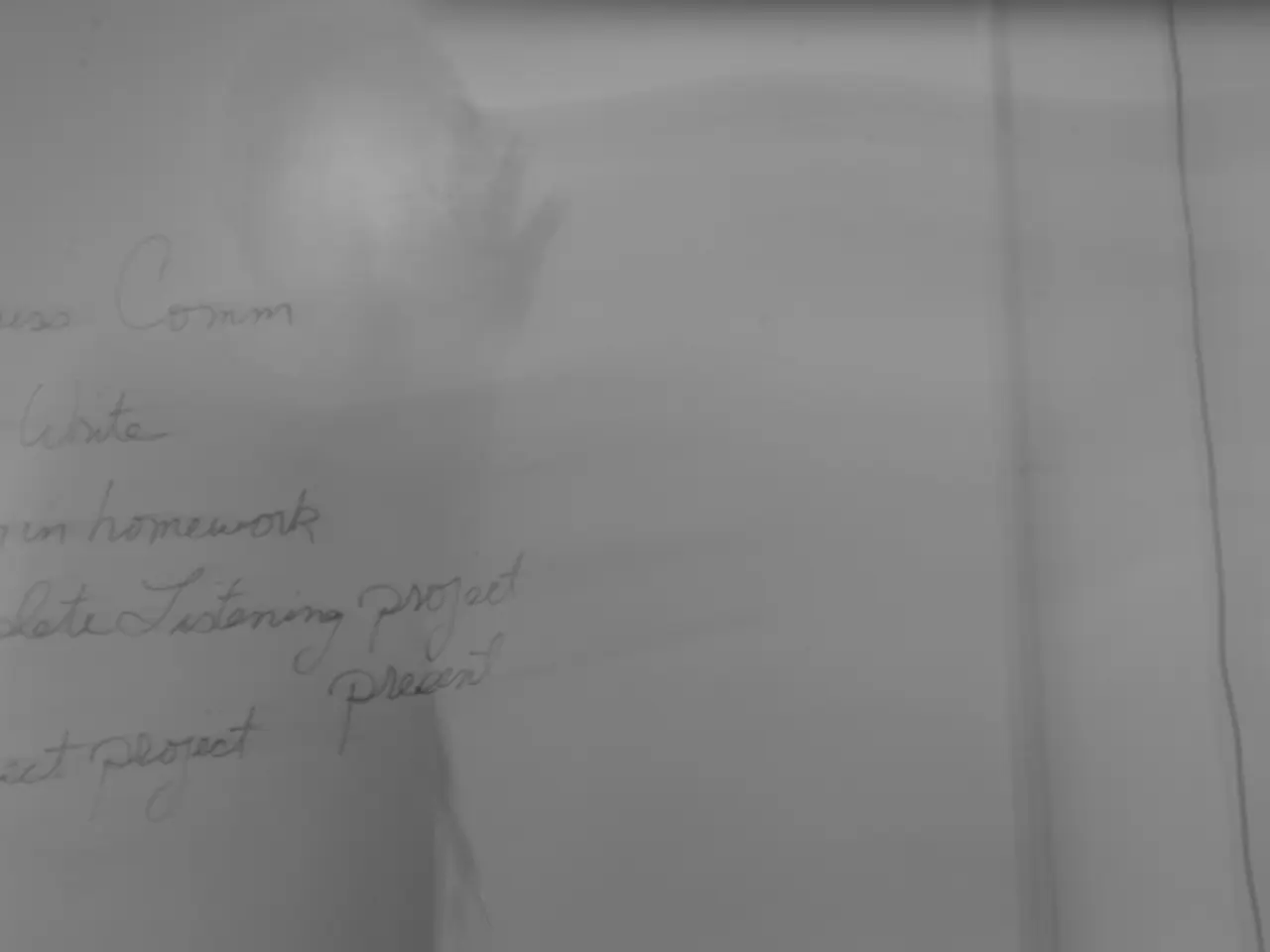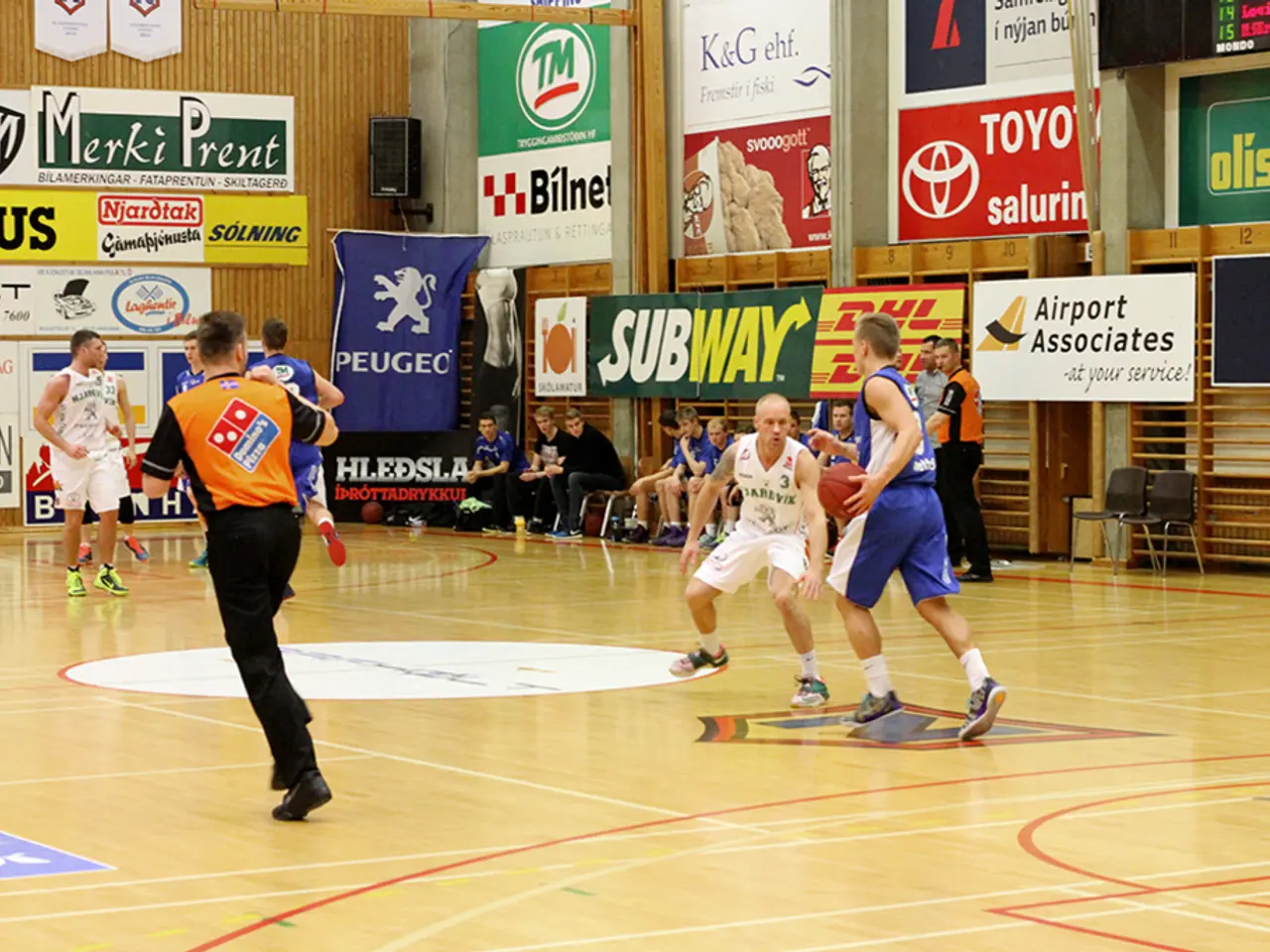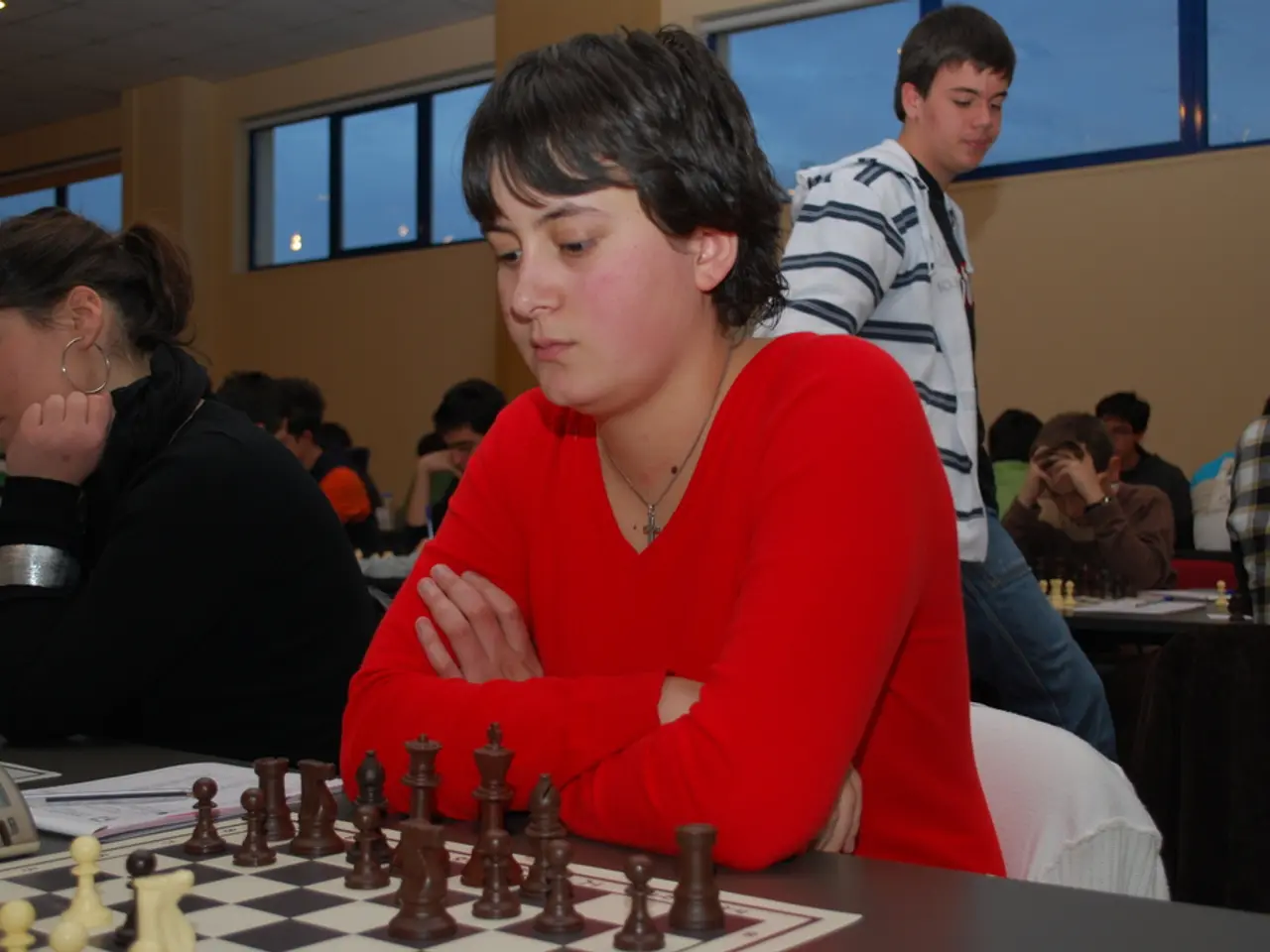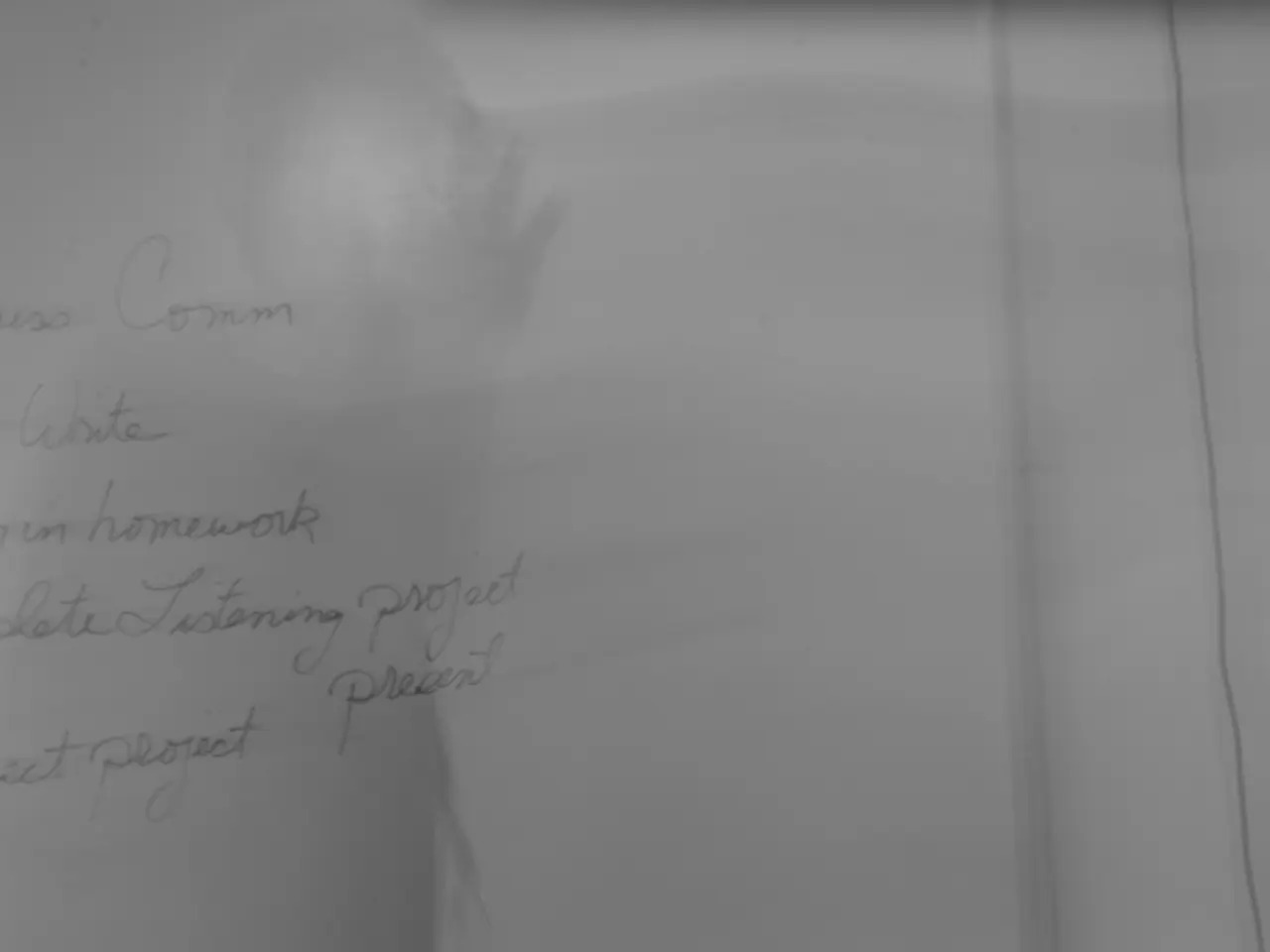Iran's nuclear program remains undeterred and undiminished following Israeli strikes, with the country's aspirations continuing unabated.
In just a handful of war days, Israel has taken out key pieces of Iran's nuclear program, hit top military brass, and assassinated many of Iran's nuclear scientists. This showcase of Israeli military might and intelligence supremacy, though, has not severely damaged the Iranian nuclear program, as acknowledged by Israeli commanders and nuclear proliferation experts worldwide.
The Iranian nuclear program, known for its dispersed and heavily-protected setup, remains largely unaffected by these attacks. Despite Israeli military officials suggesting a few months' delay for Iran to "break out" or construct a functional nuclear weapon, US intelligence worries that Tehran was three years away from being able to deliver a nuclear weapon, with no active pursuit of a bomb according to CNN's Tuesday report. This delay, therefore, seems to be relatively insignificant.
While Prime Minister Benjamin Netanyahu contends that he launched these attacks due to Iran being on the brink of acquiring a nuclear bomb, experts presume this wouldn't have bought much additional time. If Netanyahu's claims are true, Israel might struggle to deal more lasting damage without US aid.
Instead, these attacks seem to evoke anxiety within the Iranian leadership and anger among the populace. A missile strike that left numerous children dead in their homes, coupled with Israeli orders to evacuate neighborhoods, brings to mind the bleak reality of Gaza's fate.
Israel has maintained its own nuclear arsenal as a deterrent, although it has never officially acknowledged it. The growing discontent within Iran regarding the nuclear program suggests that the Israeli attacks might have mitigated public resentment towards the cost of such advancements.
As regional proxy guards have disbanded over the last year, conversations about Iran's nuclear military capabilities have increased inside the country. As Sima Shine, an Iran specialist and ex-chief of research at Israel's Mossad, noted, "I've never seen so much talk about nuclear military capability as I have in the last year and a half."
While some focus on Iran's choice not to build a bomb, the possibility of accelerated efforts to acquire a nuclear weapon could be a real concern if the conflict ends without dismantling the Iranian nuclear program or securing a deal with ironclad controls and broad inspection powers.
A Western military official, who has experience in the region, echoes this sentiment, asserting that Israel's attacks are likely to serve as a catalyst for nuclear proliferation. If Iran has the capacity to proceed post-attacks, the military official suggests it will pursue a nuclear weapon as expeditiously as possible.
The linchpin of military destruction for Iran's nuclear project lies in the fortified facility at Fordow near the holy city of Qom, which is buried deep within a mountain to evade even Israel's most powerful munitions. This site contains centrifuges and the country's highly enriched uranium, making it the cornerstone of Iran's nuclear capabilities.
However, some means to cripple the systems supporting Fordow, obstruct its access, or even send in special forces for a ground operation still exist, as suggested by Alex Grinberg, an analyst and former Iran researcher in the IDF's intelligence research division. Israel, by capturing a large portion of the nuclear archive, could possess valuable intelligence aiding in the crippling of Fordow's infrastructure.
In speaking to Israeli media, national security adviser Tzachi Hanegbi warned that the military alone would not be capable of dismantling Iran's nuclear program. A lasting solution, brokered by the US, with strict inspection regimes and stringent control measures, could effectively put an end to Iran's nuclear ambitions.
A deal, however, could be more challenging to achieve, considering Netanyahu's preference for military action and his encouragement of US President Trump to abandon any anti-war stance. In an interview with ABC TV, Netanyahu stated, "I understand America first, I don't understand America dead."
While deterrence and regime change in Tehran are Netanyahu's dreams, the Israeli leader's appeals to the Iranian people continue to sound hollow on the ground, amid fear and anger. As Vali Nasr, professor at Johns Hopkins University, notes, Israel's military tactics, bolstered by the international community's tolerance of bombings and mass killings, may prompt the Iranian people to question any ability to restrain Israel.
A lasting shutdown of Iran's nuclear ambitions through diplomatic efforts could offer a more sustainable solution than a campaign of physical destruction. David Albright, head of the Institute for Science and International Security, suggests, "One problem with Israel's strategy is that if they stop bombing, then Iran can rebuild, and they'll have to start bombing again." As events continue to unfold, the true impact of Israel's aggressive tactics on Iran's nuclear development remains to be seen.
The Israeli attacks on key pieces of Iran's nuclear program have not deterred Iran's pursuit of nuclear military capabilities, as highlighted by the increased conversations about nuclear military capabilities within Iran. Despite the dismantling of some facilities, the linchpin of Iran's nuclear project, the fortified facility at Fordow, remains a significant concern due to its highly enriched uranium and centrifuges.
In the realm of sports, Israel's military tactics in confronting Iran's nuclear program can be likened to a high-stakes game, where each attack is a strategic move to strike at the opponent's core strengths. However, much like in sports, a decisive victory is yet to be achieved, and the consequences of each move might not become apparent until much later in the game.







